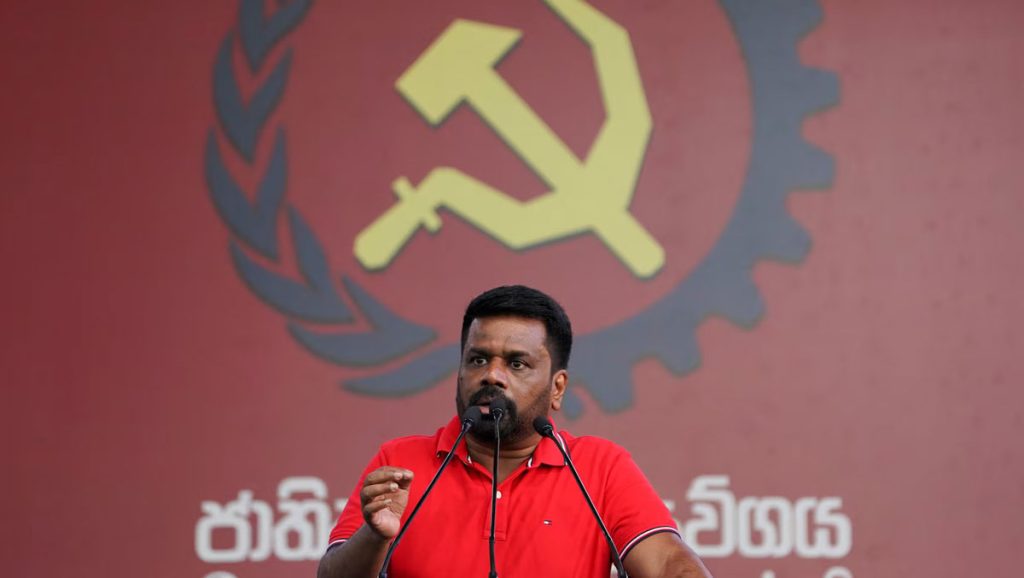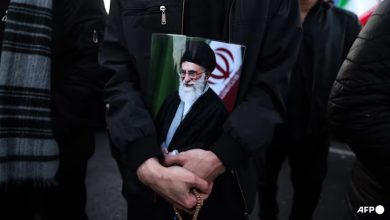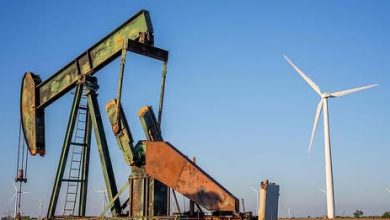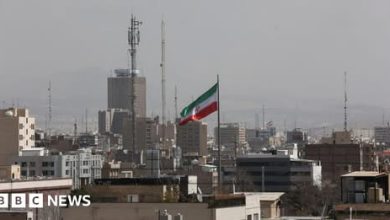FROM CRISIS TO CANNABIS: SRI LANKA’S PRESIDENT SURPRISES WITH PRO-MARKET PIVOT

Sri Lanka’s first leftist president has surprised investors by embracing pro-market reforms in his first year, and plans fresh steps to boost investment and energy supplies after crippling shortages during the 2022 economic collapse, officials say.
President Anura Kumara Dissanayake’s election promise to rework a $2.9 billion IMF bailout and seek better terms from creditors had raised investor concerns. But Dissanayake, who is also the finance minister, has largely honoured commitments made by the previous administration, including raising energy tariffs and dismantling the money-losing state power monopoly despite worker protests.
Government ministers and officials said some steps will be painful for many of the country’s 22 million people in the short term, but help sustain the economy after the collapse a few years ago that led to mass protests, upended the country’s politics and precipitated its debt default.
Reuters – September 23, 2025
“More than 70% of our people don’t have enough money to have the basic food … so we respect humanity and follow pragmatism,” said Anil Jayantha Fernando, Dissanayake’s deputy in the finance ministry.
“Had we just destabilised or scrapped the IMF framework, the entire situation would have been really chaotic. It’s not ideal, but we are working with the given conditions.”
Fernando said the economy could grow by up to 6% next year and reach 8% in subsequent years, following contractions in 2022 and 2023 and an expected rebound of up to 4.5% this year. To achieve that, the government is chasing higher investments from countries including China, India, Japan and the United Arab Emirates.
As part of a target to double foreign direct investment to about $2 billion next year, the government has convinced the IMF to allow tax concessions, tax-free periods, customs and excise duty concessions for individual commitments of more than $50 million, said Arjuna Herath, chair of the Board of Investment of Sri Lanka.
“The IMF said if you want concessions, you have to be rule-based and transparent,” Herath said. “So we have negotiated that, and the government is hoping to announce that very soon for high-threshold investments to try and grant concessions and incentives.”
An IMF spokesperson said a team from the global lender would visit the country from September 24 to October 9 to review “new data and the fiscal policies for Sri Lanka’s economic reform program supported by the IMF’s Extended Fund Facility”.
The Board of Investment is also attracting nearly $100 million across six projects to grow cannabis for medical oil exports to the U.S. and Europe. Cultivation will begin in secured zones, initially using container-based pilots, Herath said.
ESSENTIAL ENERGY
Analysts said that thanks to his strong majority in parliament, Dissanayake has been able to roll out measures needed to pull Sri Lanka out of its financial crisis without facing a significant backlash.
“What is really critical is how much further down this road he is willing to go,” said Raynal Wickremeratne, co-head of research at Softlogic Stockbrokers.





